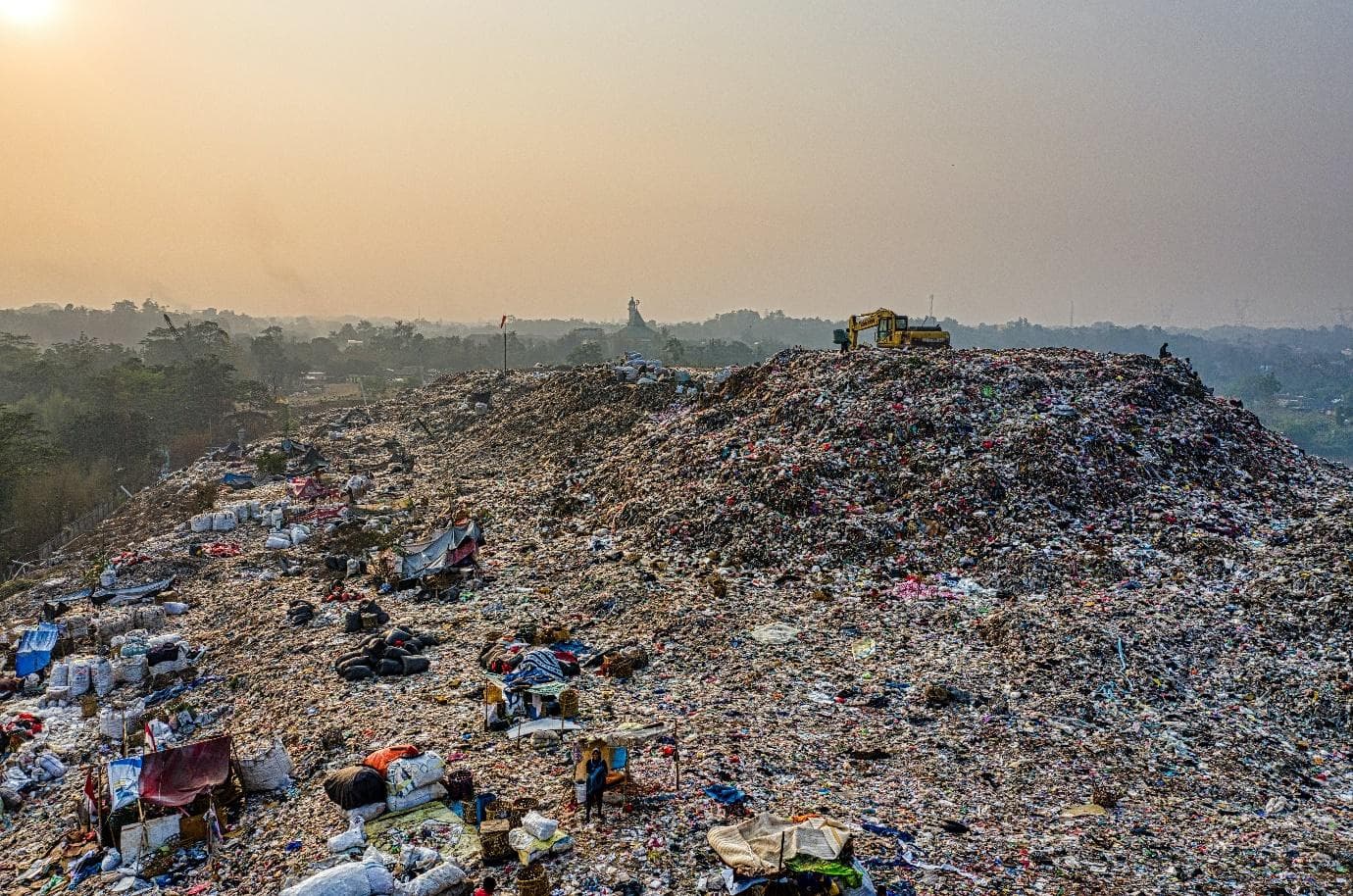Methane Matters: The Urgent Call to Shrink Emissions for a Sustainable Future

Methane, a greenhouse gas (GHG) living in the shadow of the infamous carbon dioxide, is in the spotlight at COP28.
Efforts to focus on methane align with the potential for immediate and impactful results on mitigating climate change. As Durwood Zaelke, President of the Washington, DC-based Institute for Governance & Sustainable Development says: “Methane is the blowtorch pushing the planet from global warming to global boiling. Turning it off is the best thing we can do for the planet.”
Although methane has a shorter atmospheric lifespan than CO2, it is the second most abundant GHG and is highly powerful at trapping heat, with a warming potential 80 times that of CO2 in the first 20 years after release.
A key source of methane is the fossil fuel industry, where extraction, production, and transportation processes release substantial amounts of the gas into the atmosphere. Additionally, livestock farming and waste management practices are major contributors. Methane is produced at landfills when bacteria break down organic wastes such as wood, paper, and food scraps. Biodegradable, when thrown in landfills, is not a good thing, but a rather bad one.
Tackling methane emissions is crucial for slowing the pace of global warming and achieving climate goals, making it imperative for industries, governments, and individuals to prioritize methane reduction initiatives.
Indeed, the world is taking a stand against this potent gas. The Global Methane Pledge was introduced in 2021 at COP26, and at this year’s Climate Change Conference in Dubai, over 50 oil and gas companies have made a commitment to reduce methane emissions to near-zero by 2030.
However, will participating governments and industries set clear, impactful action plans? Will they be enough? While methane capture and reducing the amount emitted from fossil fuel production are absolutely necessary, we must also not forget the warming effects of burning fossil fuels, releasing large amounts of CO2, methane, and other harmful gases.
With the Avioxx process, we aim to reduce methane emissions and offer a pathway to replace fossil fuels in the aviation industry. Landfill waste can be turned into high-value Jet A-1 sustainable aviation fuel (SAF).
Our strategy offers a quick-win opportunity in the fight against climate change by introducing a drop-in fuel that is compatible with existing jet engines. By targeting a growing industry responsible for over 2% of global GHG emissions while diverting waste from landfills, we can make significant strides in mitigating the near-term impacts of global warming, providing a valuable complement to broader efforts aimed at reducing emissions.
For more information about Avioxx and our technology, please get in touch at info@avioxx.com